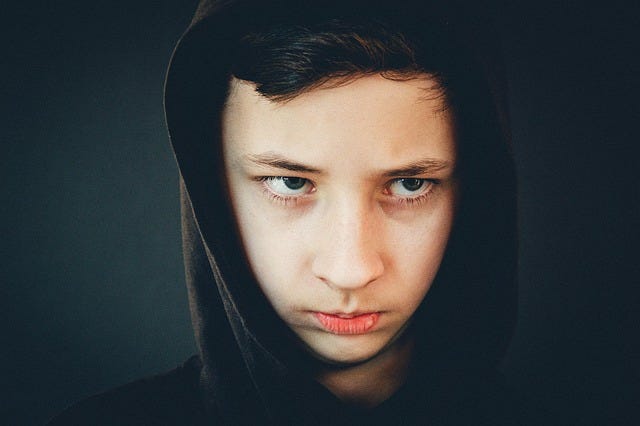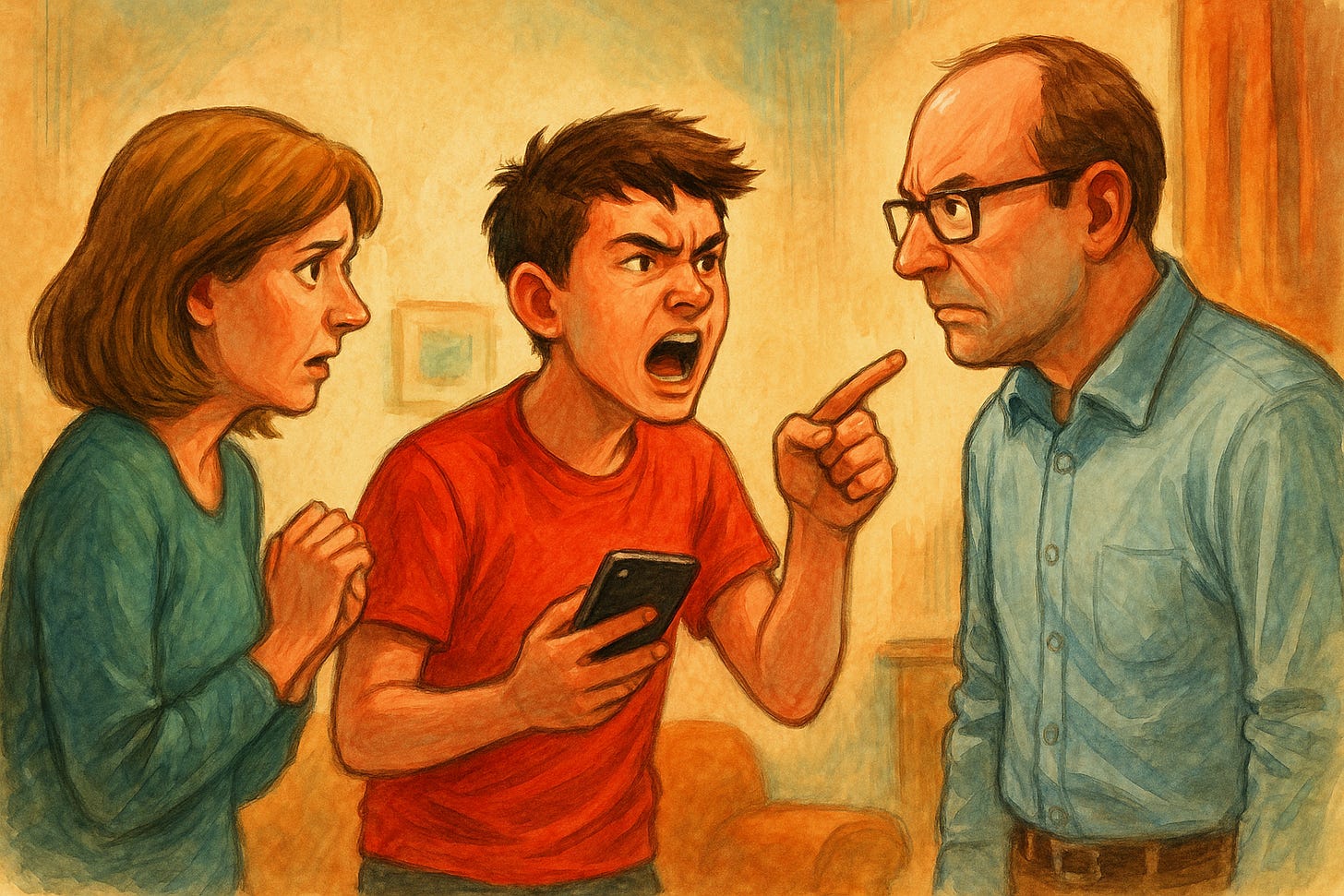There's a growing concern that many parents, teachers, and grandparents are talking about these days. It's the way kids seem glued to their phones and tablets. Wherever you look, you see them staring at screens, scrolling through social media, watching videos, or texting each other. It has become a part of daily life. But for kids who have ADHD, this can be especially harmful.
ADHD, or attention difficulties, often makes it hard for kids to stay focused. Their minds jump quickly from one thing to another. They're easily distracted, and it's not their fault. It's just the way their brains are wired. And when you put a phone in front of them, filled with flashing lights, new notifications, and fast-moving pictures, it becomes even harder for them to concentrate on anything else.
These kids are often impulsive, too. That means they want things right away. They have a hard time waiting. Social media feeds that need just one swipe to bring something new are like magnets for that kind of brain. It gives them a quick hit of excitement, but then they want more and more. That kind of fast, constant stimulation only makes it harder for them to slow down and feel calm.
Another worry is that kids with ADHD are more likely to feel anxious or sad. That doesn't mean they always do, but the chances are higher. And social media can make these feelings worse. Seeing pictures of other kids who seem happier, richer, or more popular can make anyone feel bad about themselves. And for kids who already struggle with self-esteem or moods, it can be overwhelming.
Then there's the issue of sleep. The blue light from screens tells the brain to stay awake, even when the body is tired. Kids need good sleep to grow, learn, and manage their emotions. But many kids with ADHD already have trouble sleeping. The added effect of screens before bedtime only makes that worse.
It's also important to understand that because kids with ADHD are impulsive, taking their phones or tablets away can lead to serious conflict. Many parents have told me that when they try to take these devices away, their children get very angry and sometimes confrontational. In one case I know of, a young teenager pushed his mother during such an argument, and she fell and got injured.
These situations are not just about the devices. They are about deeper patterns of difficulty, frustration, and emotional overwhelm. That's why it's so important for families to seek help from mental health professionals who have experience working with children and teenagers. Family therapy can help everyone learn how to cope better, listen, and support each other.
I want to share something personal. I have ADHD. There was no social media back when I was a teenager, but I remember being distracted and angry. I used television to escape into, especially when I couldn't concentrate on homework or studying, which was often. I was impulsive and struggled with frustration. If I were a teenager today, I would likely be facing the same struggles, but worse. The iPhones, the iPads, the apps, the endless stimulation of TikTok and other platforms would have made it even harder for me to manage my thoughts and feelings.
So I'm not writing this just as a therapist. I'm writing it as someone who has lived it from the inside. I understand how hard it is, how overwhelming it can be, and how much help and patience are needed. These kids don't need punishment. They need guidance, love, and understanding.
None of this is to say that kids without ADHD are safe from these problems. They're not. But for kids who already have trouble with attention, moods, sleep, and impulse control, the effects of social media can be especially harmful. What they need most is support, understanding, and sometimes limits on how much time they spend in front of a screen. They need time to play, to rest, and to talk with people face to face. They need time to just be kids.
It's a complicated world they're growing up in. But if we stay close to them, listen to them, and help guide them, we can make it a little easier for them to grow into healthy and happy adults








Allan, This is a very informative piece. I missed getting diagnosed with this as well.